The idea of spending time in space is exciting, but people often overlook how much they'd miss Earth once they’re away. On March 1, 2016, Russian cosmonaut Mikhail Kornienko returned to Earth after completing one of the most ambitious missions in the history of the International Space Station (ISS). For an entire year, Mikhail and NASA astronaut Scott Kelly lived aboard the ISS, orbiting Earth more than 5,000 times. Although they kept daily journals to track their mental health, they still missed simple pleasures like showering, walking, sleeping in a normal bed, and feeling the wind on their faces.
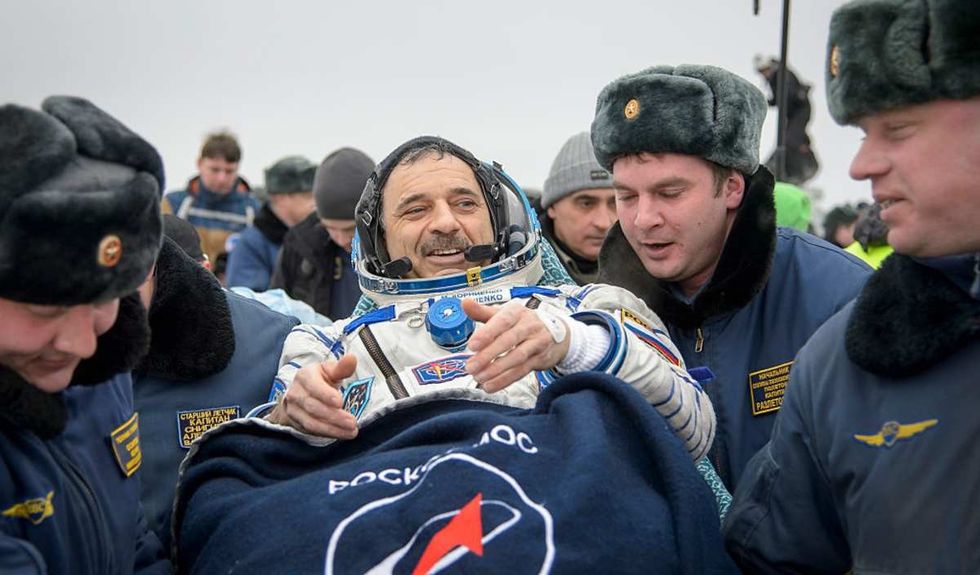
They spent their days performing spacewalks, conducting research, and completing over 400 experiments. However, they had to drink water that was recycled from urine and sweat. In an October 2016 interview with National Geographic, Mikhail opened up about some of the things he deeply missed during his year in space. The main goal of NASA's "One-Year Mission" was to study how the human body reacts and adapts to long-term spaceflight. This knowledge will help prepare for future missions, like the potential 500-day journey to Mars.
“This is not a business trip to another city. When you miss your apartment, your home, your family; this is about missing the Earth as a whole,” Mikhail said in the National Geographic interview. “It is a completely different emotion. Therefore, when planning missions like the one to Mars, psychologists have to consider the point, that people will miss the Earth. This is more than nostalgia.”
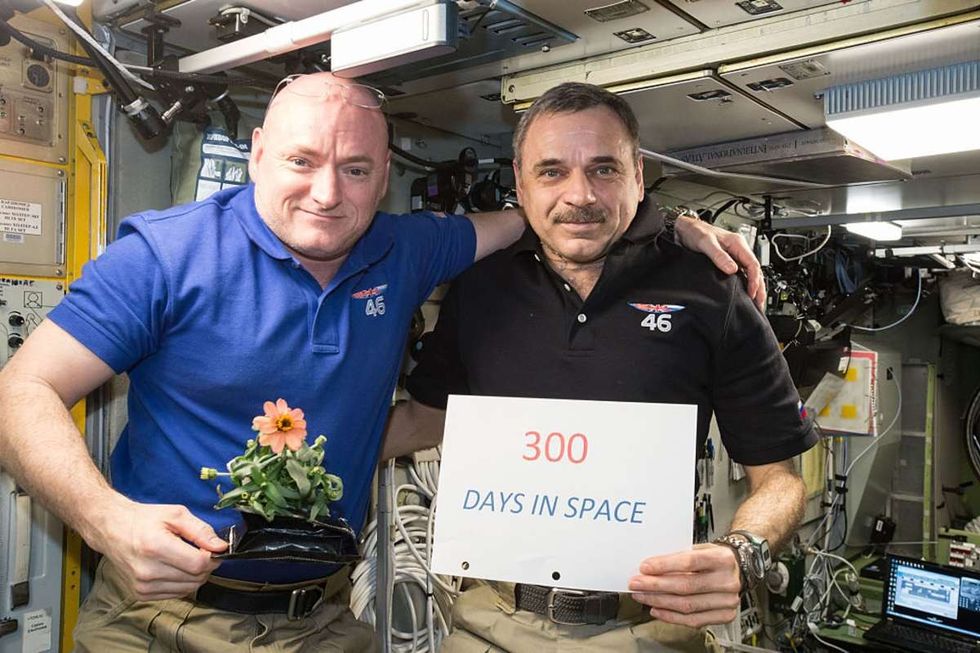
Scott and Mikhail began their mission with a liftoff from the Baikonur Cosmodrome in Kazakhstan on March 27, 2015. Footage in the National Geographic video shows them being carefully carried out of the opened hatch by rescue team members. Living without gravity for this long impacts the human body in profound ways. Microgravity takes a huge toll on the balance of their bodies and spatial orientation, making it difficult for them to re-adjust to Earth’s gravity. “You could trip, fall, hurt yourself. That’s why the rescue guys never allow you to walk at first. They pick you up and carry you,” Mikhail said. The footage says that if astronauts were supposed to land on Mars in this mission, then they would have experienced an even more extreme version of these effects. Mikhail said their mission was preliminary training for longer missions that may happen in the future.
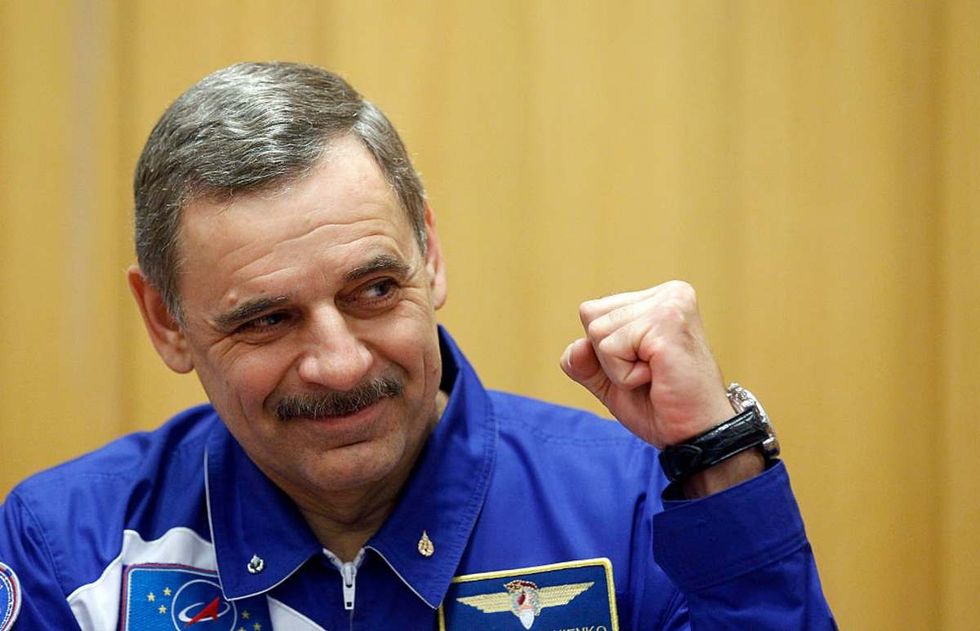
After he and Scott returned to Earth, they underwent a variety of tests. In space, bones deteriorate faster, lungs and other organs weaken, and vision becomes impaired. The Atlantic explains that the moment astronauts enter the field of weightlessness, their inner ear immediately gets disrupted, which triggers symptoms like motion sickness and loss of balance.
“It’s hard, but I liked it because this is headed towards the future, and strictly speaking, reflects the work of the cosmonauts,” said Mikhail. “If we don’t destroy ourselves, the expansion into near space and then deep space will be inevitable. This is at the core of humanity.” Mikhail added that, physically, it is still possible, to get used to things, like being without a shower, but psychologically, it is much harder, because “being enclosed for a long time creates rather stressful conditions.”
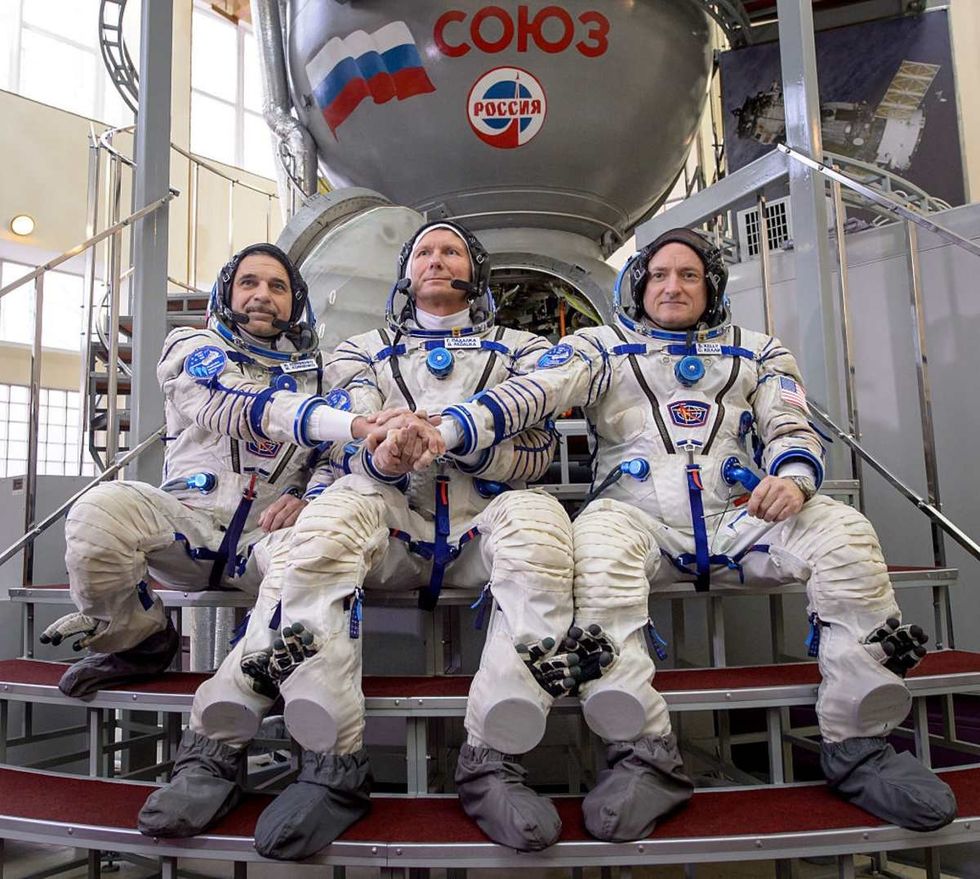
He recalled witnessing some of the most stunning views from the ISS—green-red auroras, sparkling city lights, and the ocean’s atolls in breathtaking shades of turquoise, lilac, and blue. But even with this otherworldly experience, he felt something was missing. It was not his home. “There is a shortage of greenery, for real, like not enough forest, summer, winter, snow; everything that has to do with Earth,” Mikhail said.
Once during his stay in the ISS, Mikhail missed Earth so much that he asked the psychologists to send something with the spaceship that visited them to supply the stock of essentials. He asked them to send pictures of Earth with views of nature. “I hung all of this around the module, so the flights would be more joyful. You grab onto it with your gaze, look at that little birch tree, and things get easier.”

Touched by Mikhail’s insights, thousands of people reacted to the video with emotional comments. @albertsamuel8188 said they felt teary after his video. @joshclint2259 commented, “He's basically saying. ‘There's nothing in this universe that could be as beautiful as Earth’” @casanova2829 added, “They should make a "green room" on a space station, full of Earth's plants where an astronaut could chill and relax when time allows.”














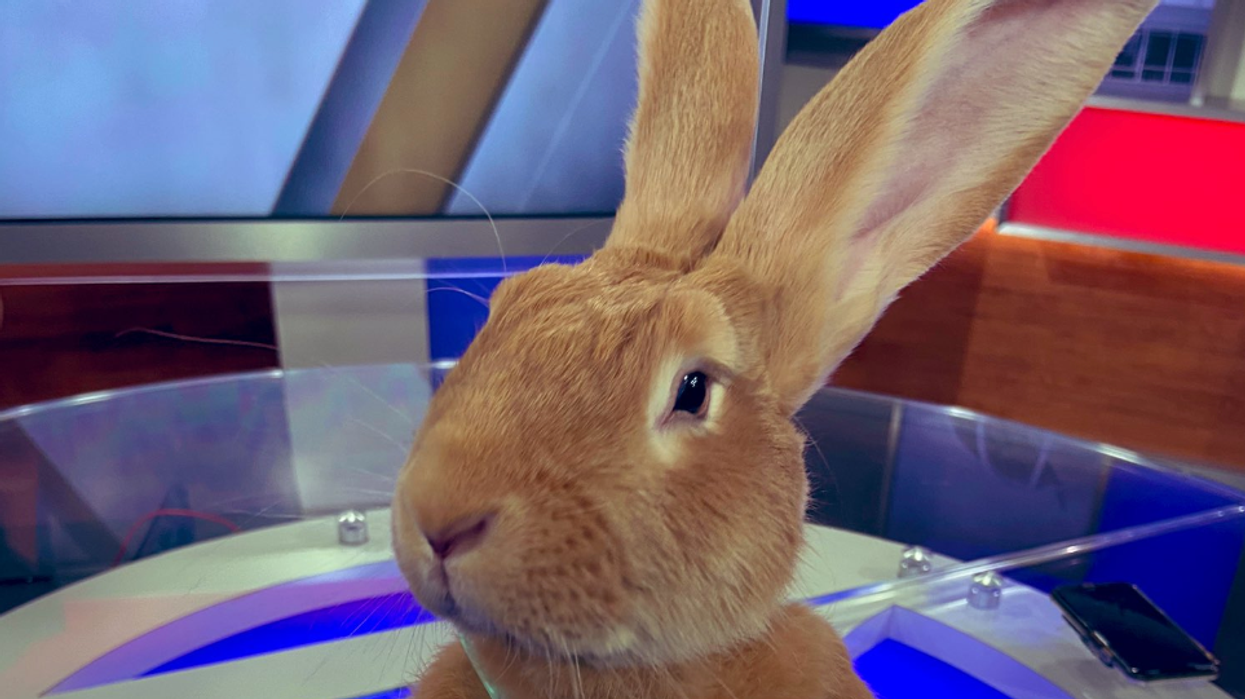


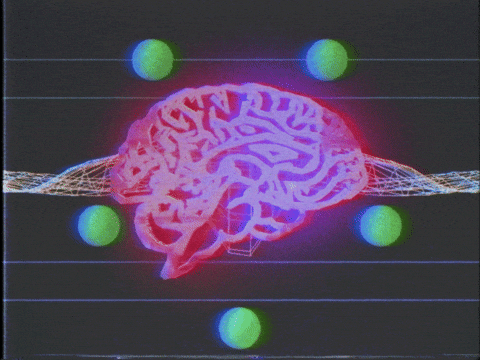 Big Brain GIF by Jay Sprogell
Big Brain GIF by Jay Sprogell
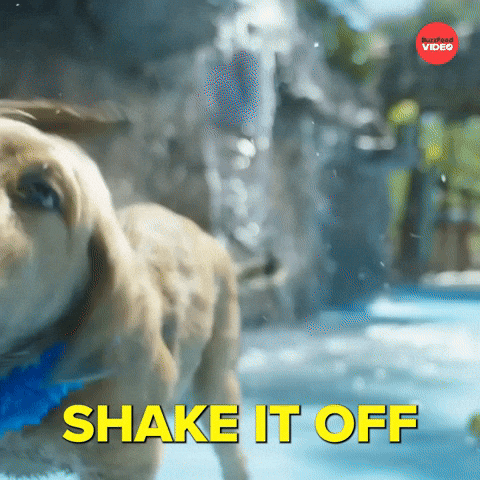 Shake It Off Wet Dog GIF by BuzzFeed
Shake It Off Wet Dog GIF by BuzzFeed
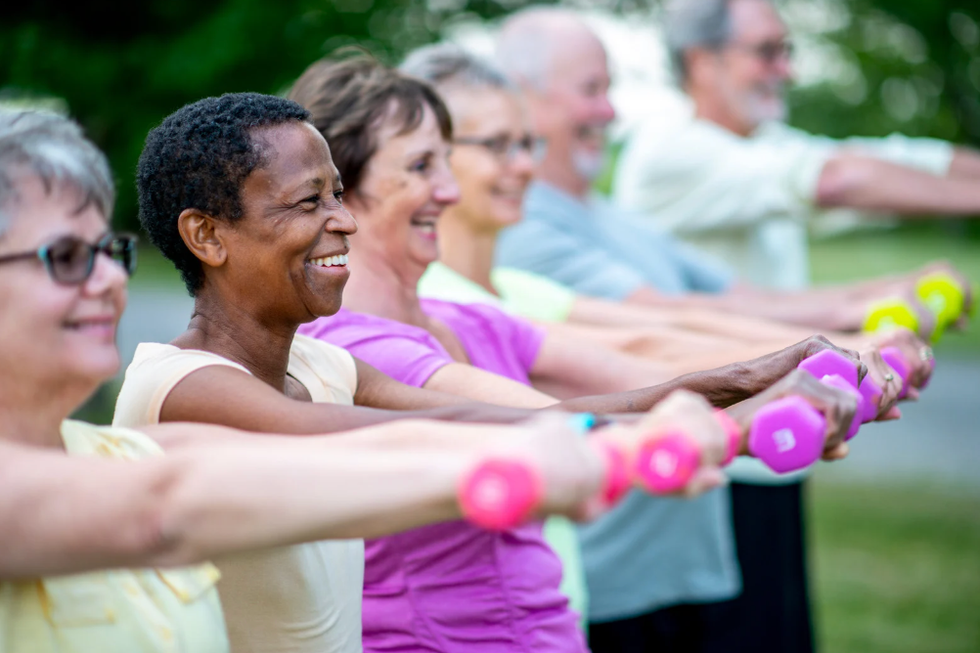 Working out with friends also makes exercise more enjoyable (and feel quicker).Photo credit: Canva
Working out with friends also makes exercise more enjoyable (and feel quicker).Photo credit: Canva
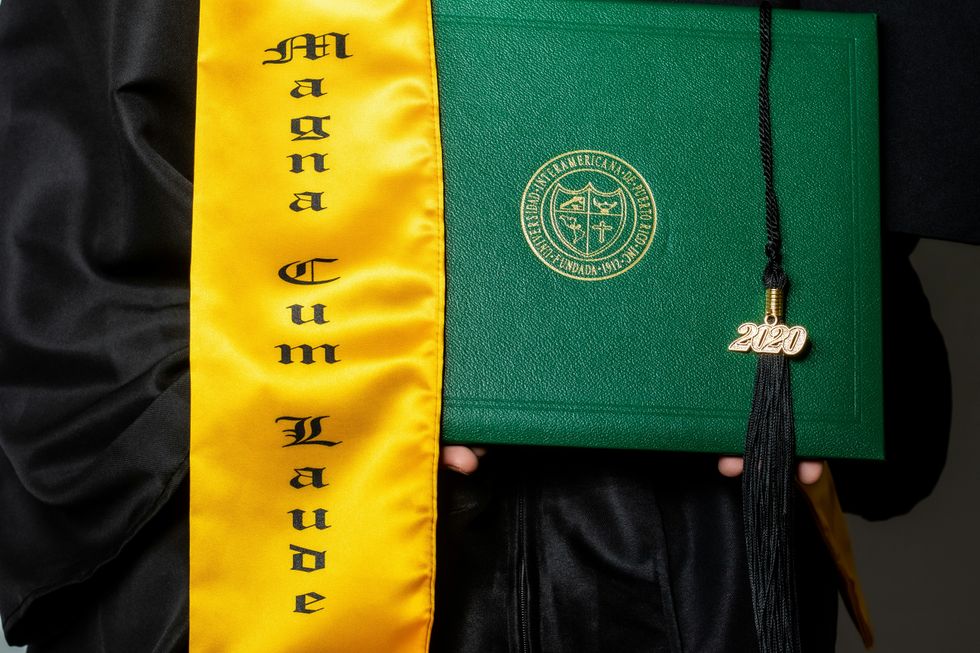 People with Imposter Syndrome can't accept their achievements.
Photo by
People with Imposter Syndrome can't accept their achievements.
Photo by 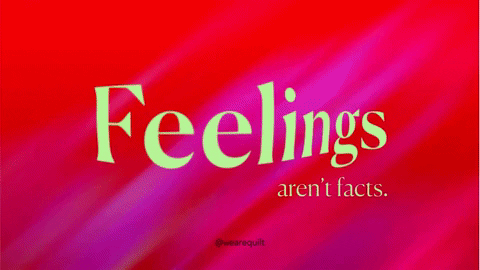 Emotion Feeling GIF by Quilt
Emotion Feeling GIF by Quilt Psychologist - Free of Charge Creative Commons Notepad 1 image
Psychologist - Free of Charge Creative Commons Notepad 1 image
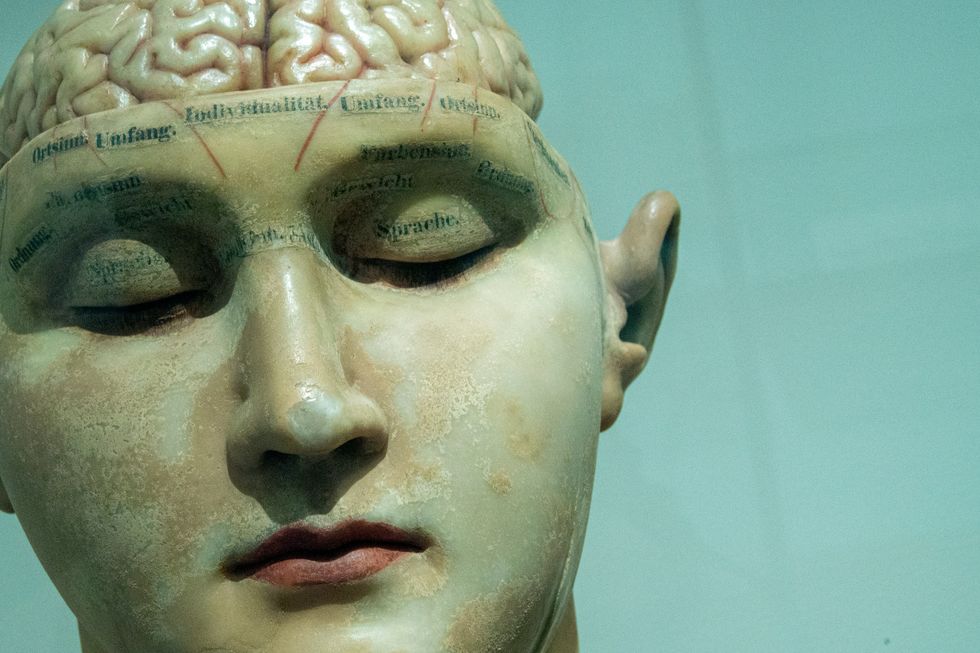 Human anatomy model.
Photo by
Human anatomy model.
Photo by 
 Socks warm your feet, but cool your core body temperature.Photo credit: Canva
Socks warm your feet, but cool your core body temperature.Photo credit: Canva
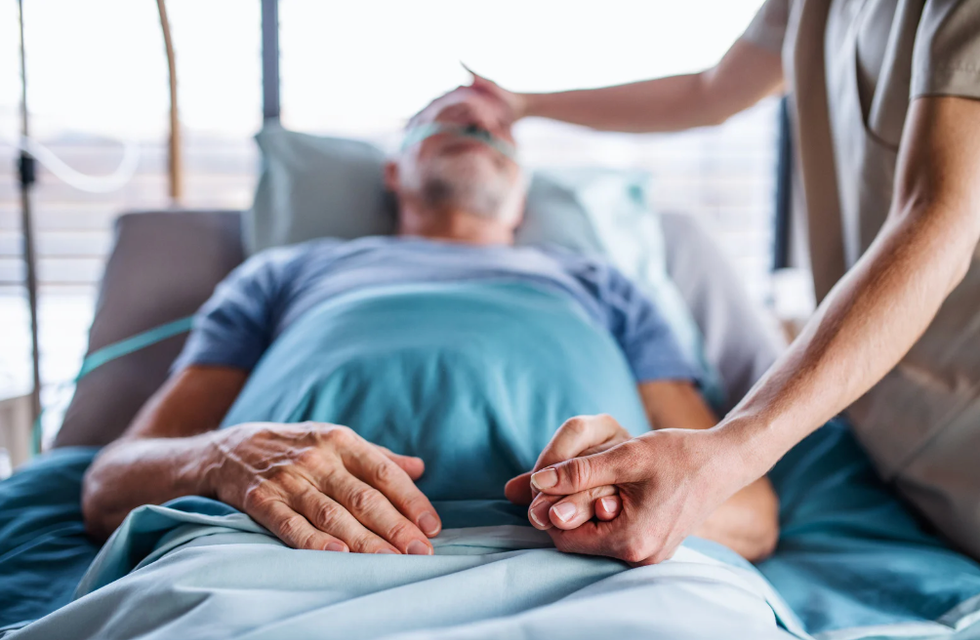 A new t-shirt could open up more hospital beds for patients.Photo credit: Canva
A new t-shirt could open up more hospital beds for patients.Photo credit: Canva Wearable solutions could be revolutionary.Photo credit: Canva
Wearable solutions could be revolutionary.Photo credit: Canva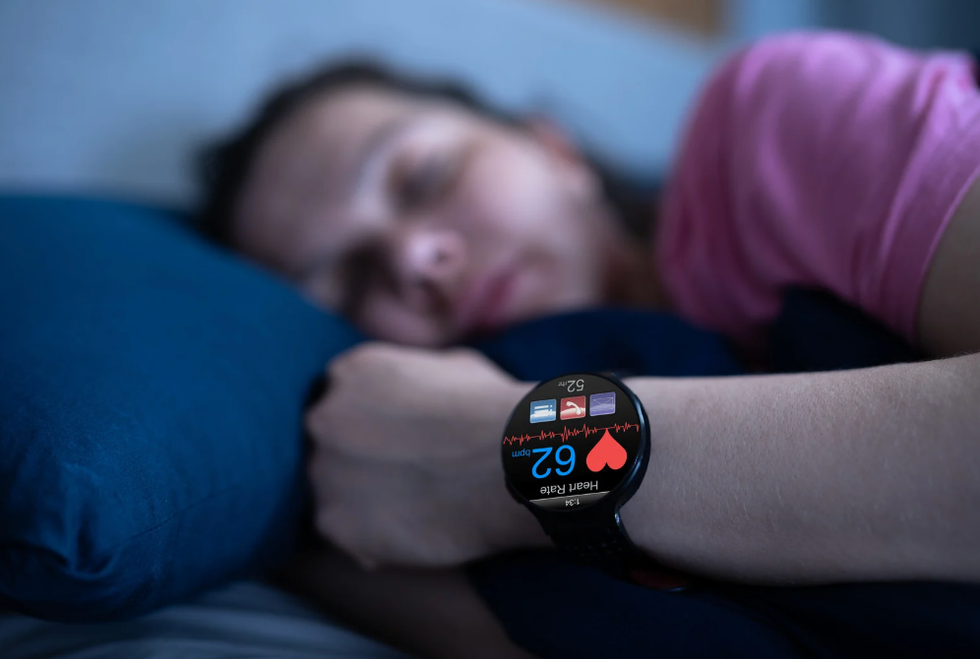 Many wearable tech devices could help you monitor your health.Photo credit: Canva
Many wearable tech devices could help you monitor your health.Photo credit: Canva